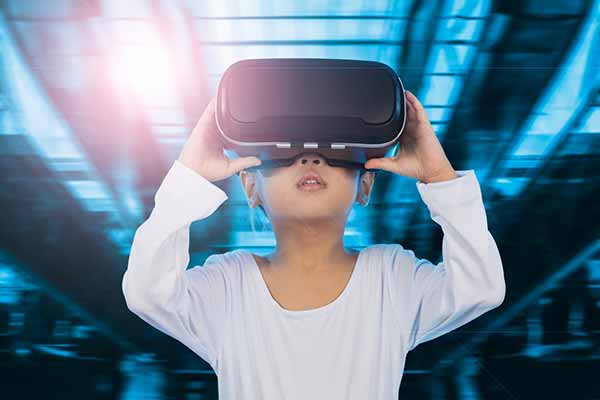
For many parents, helping your child who suffers from ADHD can feel quite exhausting. Today, there are many classes and solutions developed purely with the idea of helping your children cope with their condition. Sometimes, though, the options might just not feel diverse enough. One option that is being developed at the moment, though, is the use of virtual reality for ADHD children.
Virtual reality has quietly exploded as the next form of entertainment – a transformative means of interacting with the things we enjoy. A new study by the UC David Medical Investigation of Neurodevelopmental Disorders Institute, though, shows promise that VR could be used to help ADHD sufferers.
This is going to help children suffering from the disorder to minimise distraction, according to their latest press release. The research lead on the study at the MIND Institute, Dr. Julie Schweitzer, said: “I was talking to a parent who told me when she was in law school studying for the bar she was studying in noisy cafes,
“Eventually, she learned to block out everything around her. But now she wishes her son could learn to do the same.”
The aim is to help use VR to give children an easier time practicing on focusing on objects of importance. It would not involve clinical treatment, and it would be something that could be used in real-life situations. Part of the challenge with ADHD can come from helping children to focus on situations. With VR, the level of realism in the situations they’ll be focusing on can feel that bit more immersive.
The purpose of the study
The aim of the research, then, is quite simple. They will send each participant home with a VR headset, that is programmed to use a 25-minute training session per day. It would put them in a location where there are distractions that they need to overcome. The logic, then, is that the children will become more used to distractions that could otherwise snap their focus.
Now, when they are in a real brick and mortar classroom, they should already be used to distraction. This should help them to become much more alert to the matter at hand: the actual lesson. This could cut down on distraction and maintain a higher level of day-to-day focus in the children. During the training, they’ll be given a classroom-like environment, and go through an exposure therapy session. It’s built upon the same ideals where VR has been used to help those with anxiety, and could offer much of the same benefits to ADHD children.
The researchers will be able to help children to become more focused and increase their score, reducing the likelihood that they will become distracted during lessons. For parents who worry about their children not taking in enough during education, then, this could be the development that you desire.
Until more detail is released from the finding of the studies, though, at the moment this is just a theory. It will, though, be very interesting to see the results of the study when they are finally released.
Sorry, the comment form is closed at this time.